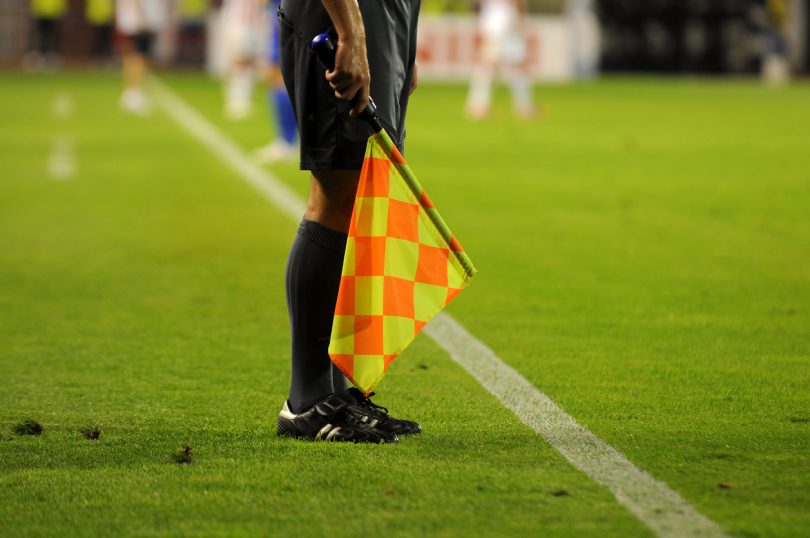
The blame game: Abuse on the field is taking its toll on referees, and it’s time it stops.
Unless you have been living under a rock, you would have heard of the refereeing “crisis” that has the Canberra football scene reeling.
There are reports that referees have suffered physical violence, received death threats, and have had sexist remarks hurled their way during and after football matches across Canberra. All of this came to light after Capital Football chief Phil Brown told ABC Grandstand that over the last two years, 45 per cent of referees aged between 18 and 30 had walked away from the sport.
“It is a real challenge and problem for us. One of the big problems that we face is the environment they encounter at games,” Brown said.
“Over the last two to three weeks in particular, there has been a bit of a spike in verbal abuse at referees that we are taking a firm stance on. It is something we definitely need to work on.”
Some of the reports of violence and abuse that referees are encountering across Canberra is jaw-dropping and deeply concerning – it is also evident to everyone involved that something needs to change.
To be honest, this article is being written by someone who, only a couple of seasons ago, was shown a red card for telling a referee to “F off”, which is something that I am not proud of. But it might show how deep the issue runs into our sporting culture.
I know first hand that it is easy to have a little white line fever and to be desperate for a decision to go your way, but as coaches and players, we have to control ourselves and let the referees do their job to the best of their ability.
When Belconnen United coach Antoni Jagarinec faced media on Tuesday morning, he spoke about the state of abuse against referees and was convinced the current culture was unacceptable.
“We are all passionate and we all want things to go our way,” Jagarinec said. “There is a big emphasis on not abusing referees and showing them respect and I am 100 per cent for that.
“When a ball goes out and everyone wants it to be their ball, the referee is going to make 50 per cent of the people unhappy every time.
“I do not condone abuse towards match officials and there is no place for that in our game but unfortunately it does happen and it needs to be educated.”
And that is the key to the whole culture change that is desperately needed in the Canberra footballing scene – education.
It comes down to individual clubs, teams and players pulling each other aside and letting each other know that it is not the end of the world when the throw-in decision goes against them, that it is all going to be OK when a referee waves away a penalty appeal.
Referees aren’t in the middle of the pitch to cause trouble. They are just trying to do a difficult job to the best of their ability.
As Canberra United Academy coach Ryan Grogan said earlier this week, it is about educating everyone from the grassroots up.
“Inside our academy, we educate the parents and the players and our technical staff that decisions are decisions,” Grogan said. “It comes down to educating players, coaches, parents in controlling their emotions and focusing those emotions to the better aspects of the game, supporting the players, supporting the coaches and getting behind the referees.”
It’s time to change the culture, one game at a time.
What are your thoughts on this issue? Do you think education is the key to changing the culture of abuse in Football? Comment below.


















